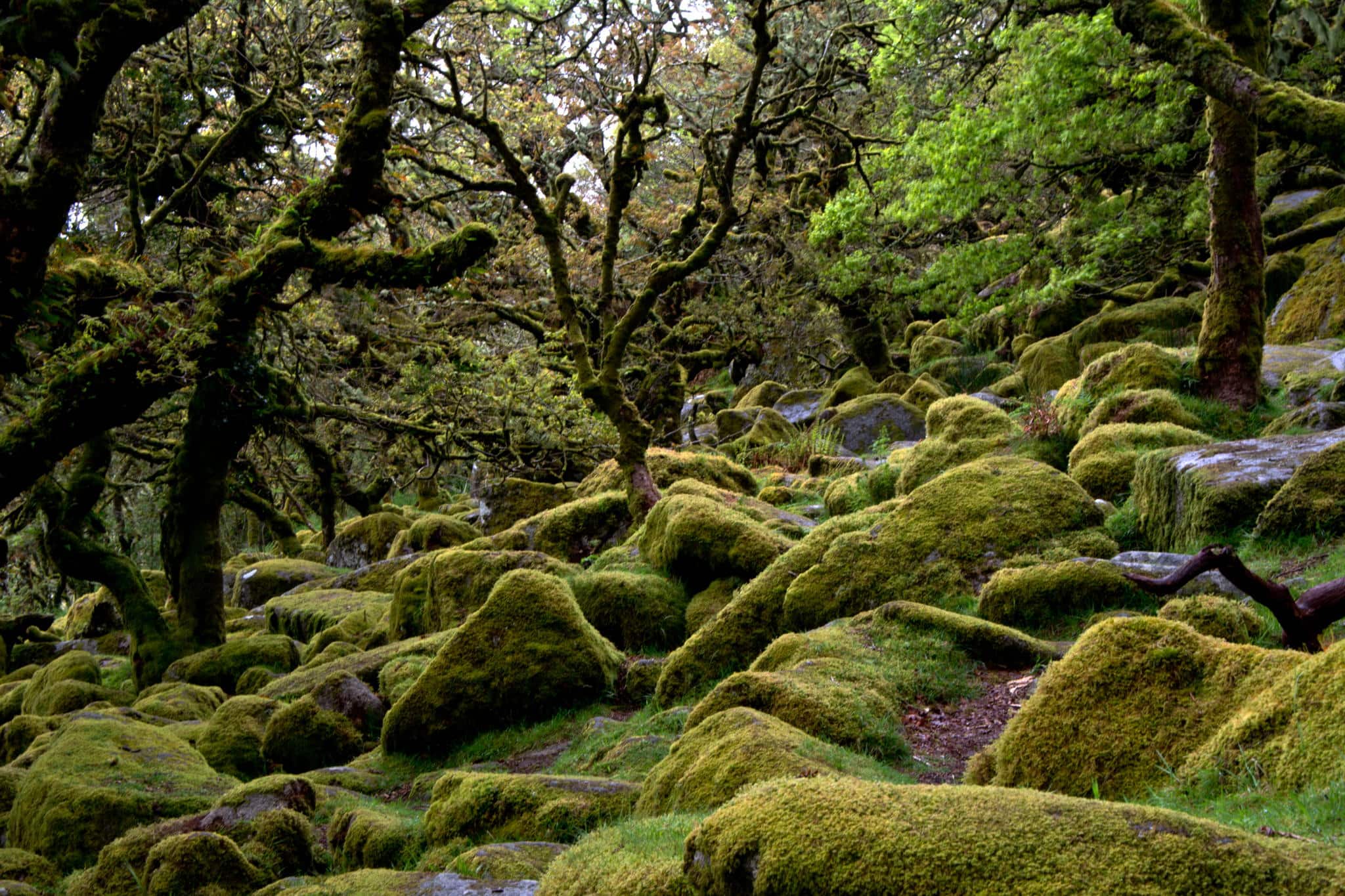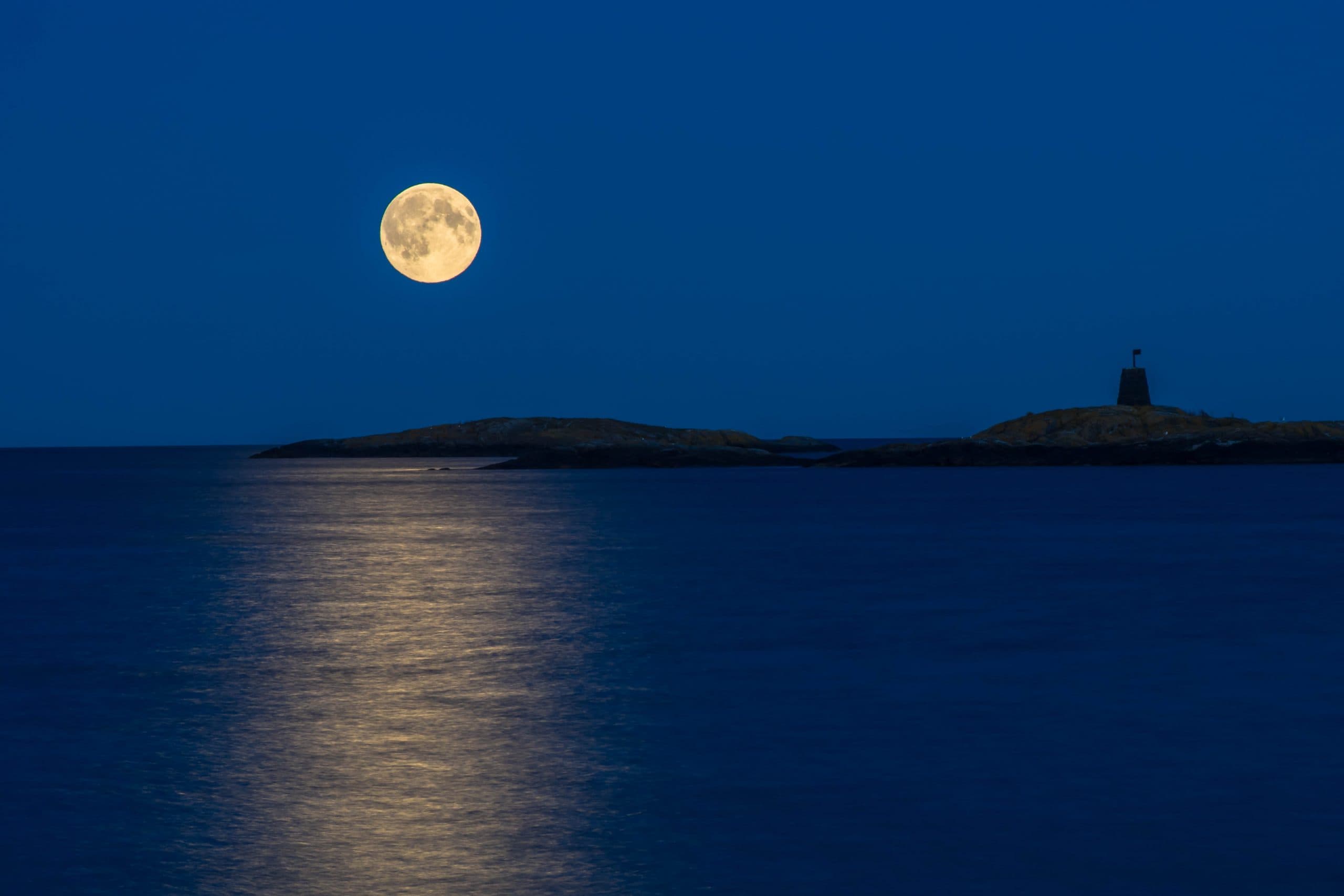
Followers of Susie Dent on Twitter will be only too aware she’s second to none at finding the right word for the occasion: and here are ten more for our current times.
The pleasure of apricating (basking) in this week’s spring sunshine has felt strangely at odds with the world as it stands. But it is a universal pleasure, and incredibly Ukrainians too are continuing to plant daffodils and turn their faces to the sun. The restorative power of nature can bring us (literally) back to earth like nothing else, and the repeated refrains of dawn and dusk and of the seasons can be infinitely soothing. Here are ten words from nature’s lexicon that are almost – almost – as beautiful as the things they describe.
dendrophile
The German writer Herman Hesse believed that ‘trees are sanctuaries. When we have learned to listen to the trees, that is home. That is happiness’. All dendrophiles know this, as do the nemophilists, fellow lovers of woods and forests.

Wistman’s Wood in Devon, a haven for dendrophiles
shivelight
‘Shivelights and shadowtackle in long lashes lace, lance, and pair’ – so wrote Gerard Manley Hopkins in a poem exploring the shivers of light that filter through a canopy of trees, and the shadows they cast on the ground beneath them.
erumpent
The adjective ‘erumpent’ belongs intimately to spring, for it describes the ‘bursting forth’ of buds and leaves at the beginning of the season.
hanami
The act of observing spring’s blooming foliage has its own name in Japanese –hanami. Meaning a ‘flower viewing’, the custom sees families and friends gathering to marvel at the nation’s cherry blossom.
smeuse
If you’ve ever spotted a small hole in a hedge or wall you may not know that you are witnessing a ‘smeuse’, an opening that allows the passage of small animals such as rabbits and sheep. The word is a blend of the dialect words ‘meuse’, a hiding place, and ‘smoot’, a small hole or opening.

A moonglade
moonglade
Quite simply, this 19th-century US term describes the track made by moonlight on water.
frondescence
This evocative word, which originated in the Latin frondescere, ‘to become leafy’, is used for the rich foliage put out by plants and trees as their leaves unfold.
twitterlight
There are few better times of day than twilight or gloaming. This was also once known as the ‘twitterlight’, so named because it comes ‘betwixt’ day and night.
pirr
A light breath of wind that ripples the surface of a puddle or stream is known in the Shetlands as a ‘pirr’ – the far gentler version of the ‘pirrie’, a sudden, squally blast of wind.
seijaku
The Japanese seijaku is all about healing, and about finding serenity in the midst of chaos. It is present above all in nature, where the cacophony of noise in our ears and heads can be stilled for a little while.




